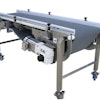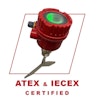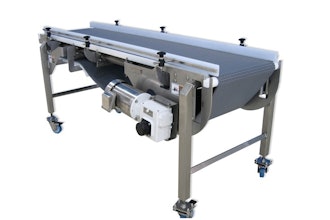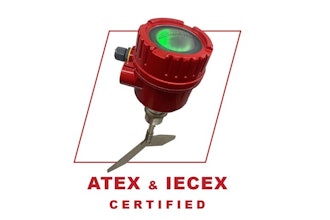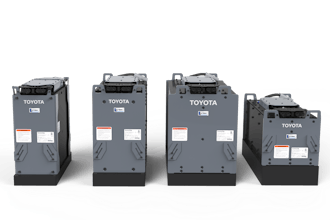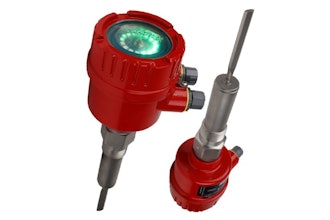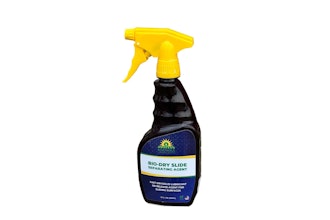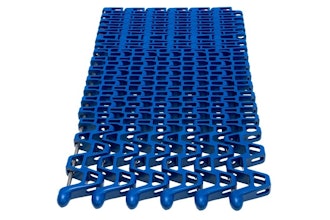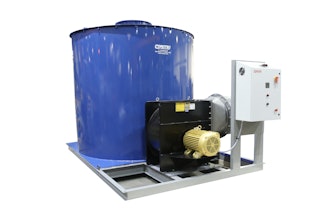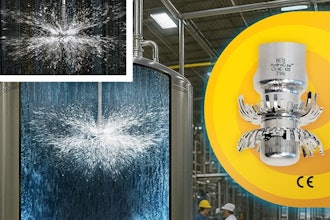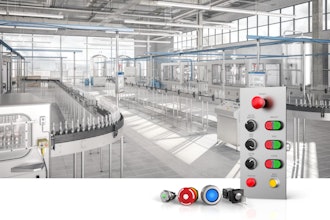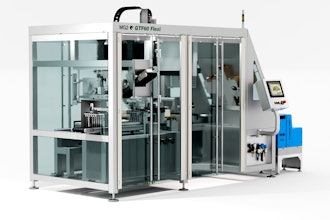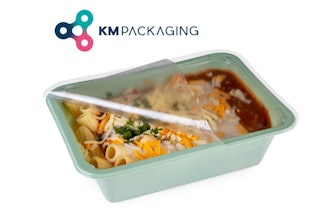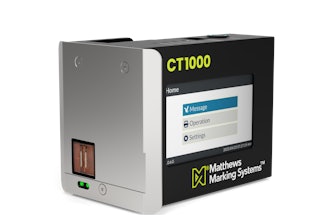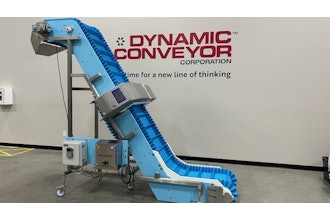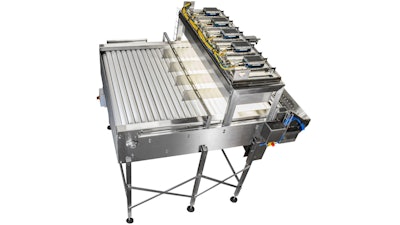
Food processors know that foreign objects and inaccurate quality grading is cutting into profits. To fix this, they have tried X-ray detection, metal detection, vision inspection systems, and large teams of human inspectors, yet success has been limited. A new AI-based vision inspection system from Smart Vision Works, a KPM Analytics brand, is designed to solve these long-standing problems.
The SiftAI Smart Table is trained with artificial intelligence (AI) to automatically detect and remove foreign objects and sort products in a single pass. Unlike competing vision inspection systems, the new system uses advanced AI that is more accurate, allowing companies to inspect products and remove foreign materials at higher throughputs than ever before. Beta customers report higher produce profit, fewer missed contaminants, and dramatically lower labor costs.
The system includes cameras, AI software, a conveyor, and automatic ejection mechanisms with dual drops (one for foreign material, one for culls) to ensure only ideal potatoes reach later process stages.
The SiftAI Smart Table vision inspection system is competitively priced. Company managers can justify the investment by reallocating inspection workers to higher skill areas. Wages have risen sharply in recent years, so company managers will value the opportunity to shift workers away from low-skill activities.
In addition, the system helps processors avoid customer fines for contaminants. For some processors, these fines may cost $50,000 per incident and total hundreds of thousands of dollars per year.
Because of the speed of the advanced AI technology, conveyor speeds can be increased, giving operators more throughput per shift.
The AI-driven system addresses specific business and operational challenges potato processors face each day.
- Chip potatoes: Avoid penalties (charge backs) by immediately eliminating foreign materials from the process stream.
- Process potatoes: Also eliminate foreign materials while reliably sorting potatoes based on size, defect presence, and more.
- Fresh pack potatoes: Pre-sort to reduce potato volume through the facility, minimize foreign material risk, and deliver only the best potatoes to customers.
The improvements are possible because the system's technology is not like the basic AI commonly used by other vision inspection systems. Instead, the system uses AI built on 12 years of development by AI scientists and a decade of experience in food sorting applications. Unlike competitors that use optical scanners, the system takes a full digital image and runs it through a neural network. Users receive detailed data for analysis.

